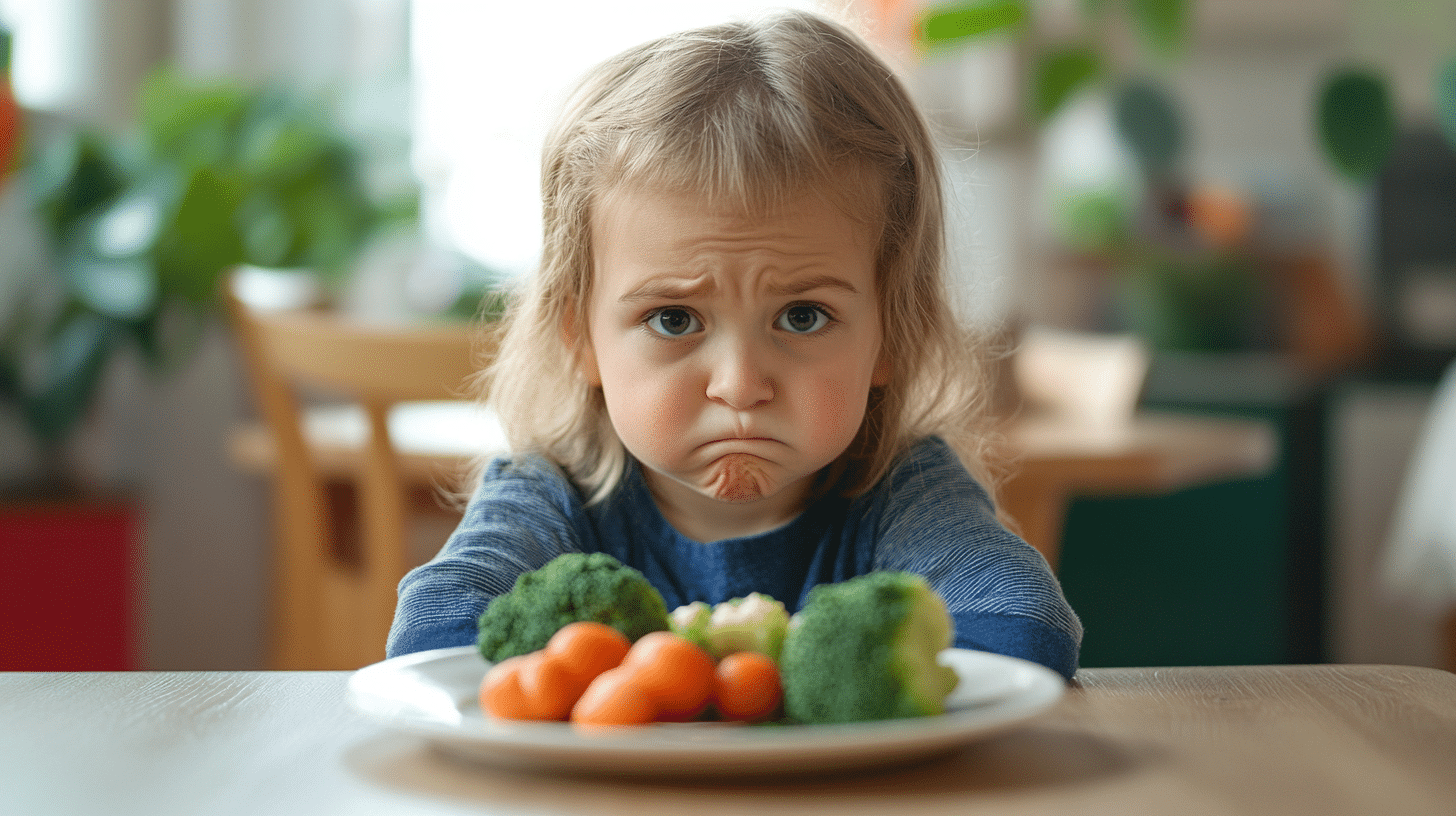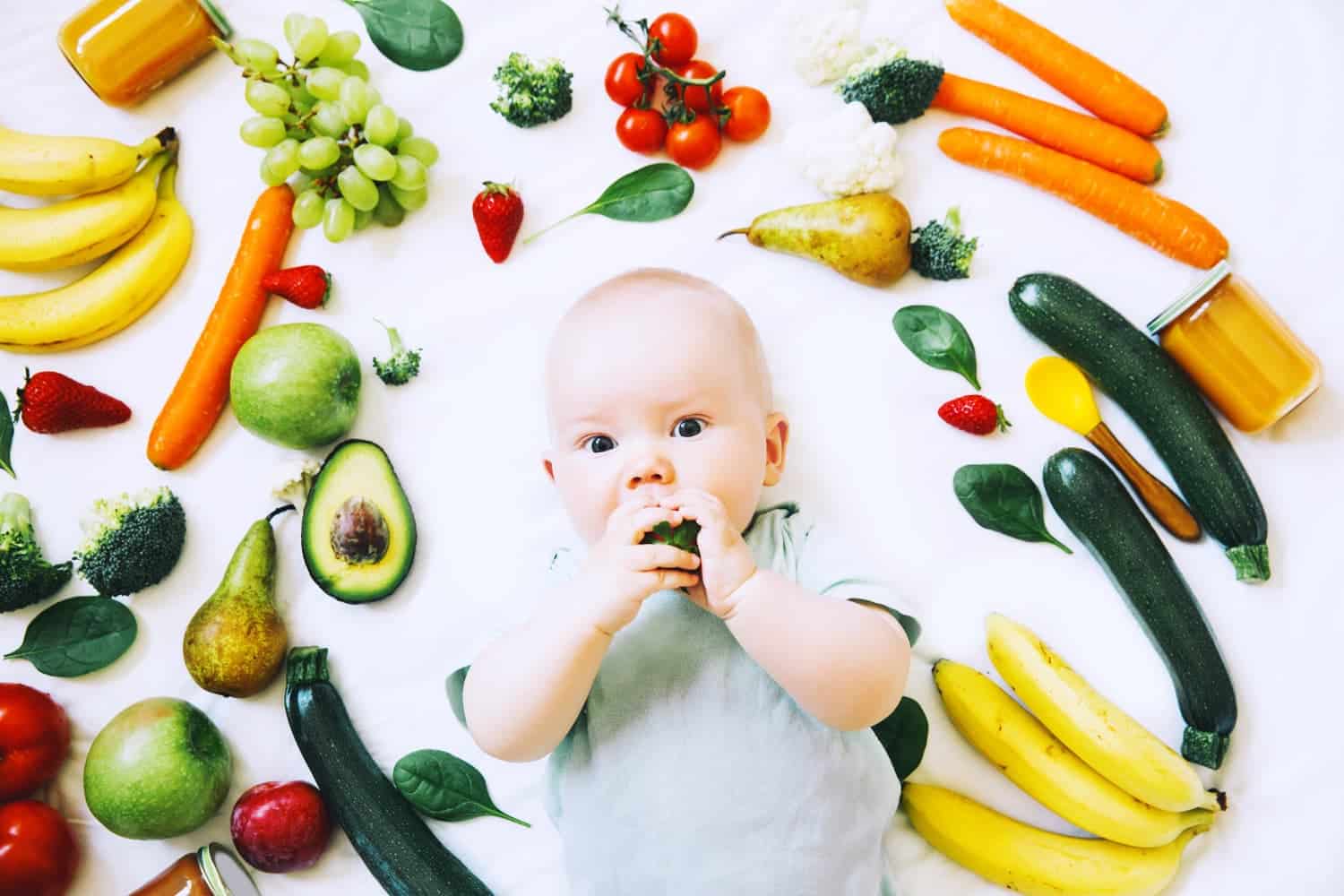Hi, everyone! I totally get how wild the toddler years can be. It's like they're these tiny tornadoes of feelings! They’re discovering new things every day, but sometimes those big feelings can be a lot for them to handle. But don't worry, with a little patience and some helpful tips, we can help our toddlers learn to manage those emotions.
- Understanding the Toddler Tornado
- Tantrums vs. Meltdowns: What’s the Difference?
- Why Do Toddlers Have Such Big Feelings?
- Common Triggers for Big Emotions
- Strategies for Helping Your Toddler Manage Big Emotions
- How We React Matters
- What We Say and Do
- Positive Self-Talk for Parents
- Calming Activities for You and Your Toddler
- Conclusion
Understanding the Toddler Tornado
Toddlers can be so up and down! One minute they're happy, and the next they're crying. It feels like it comes out of nowhere! These mood swings are normal. Your child is learning to control their actions, feelings, and body.
They're feeling all sorts of emotions for the first time, like happiness, sadness, anger, and fear. It's like they're learning a whole new language, but instead of words, it’s feelings. They need our help to understand and express these feelings in a way that's okay with everyone around them.
For example, think about a toddler playing with blocks. Another child takes a block. The toddler gets angry but doesn't know how to say it. So, they might hit or yell. Or, picture a toddler at the store who wants a candy bar, but their parent says no. Cue the kicking and screaming on the floor! That's a tantrum! They're just super frustrated.
Tantrums vs. Meltdowns: What's the Difference?
It helps to know the difference between tantrums and meltdowns. Tantrums happen when a child is frustrated or wants something. They might be trying to get their way. Meltdowns, though, are different. They usually happen when a child is too overwhelmed. It's not on purpose, and they might cry, scream, or hit.
Why Do Toddlers Have Such Big Feelings?
There are a few reasons why toddlers have these big emotions:
- They can't use their words. When a child gets upset, it's harder for them to talk about it.
- They have a hard time calming down. The part of their brain that helps them calm down isn't fully grown yet.
- They don't always understand how others feel. Toddlers are still learning that other people have different feelings.
- They're testing limits. They want to see what they can get away with.
- They are still learning. Toddlers are always learning new things, which can be hard.
Common Triggers for Big Emotions
Here's a simple way to remember what can set off those big feelings:
- H.A.L.T.S.: This stands for Hunger, Anger, Loneliness, Tiredness, and Stress. When these needs aren't met, it can lead to outbursts.
- Too much noise or activity. Loud noises, bright lights, or crowds can be too much for toddlers.
- Changes in what they normally do. Toddlers like having a routine, so changes can make them upset.
- Feeling scared when you leave. It's normal for toddlers to feel worried when they're away from their parents.
- Getting upset when they can't do something. When things don't go their way, they might get frustrated or angry.
- Feeling sad when they don't get what they want. Not getting something they want can lead to sadness.
Strategies for Helping Your Toddler Manage Big Emotions
Okay, so what can we do to help our little ones? Here are some things that have worked for me:
1. Let Them Know You Understand
It's important to show your child that you understand how they feel. You don't have to agree with them, but just let them know you see their feelings. This helps them feel seen and understood.
Here's how:
- Listen carefully. Show them you care about what they're feeling.
- Remember their problems are real to them.
- Be real.
- Let them feel the feeling.
- Don't try to fix it right away.
- Know that it's okay to feel any feeling, but not every behavior is okay.
2. Set Rules and Create Safe Spaces
Having clear rules and a safe space can help toddlers feel more secure. Rules help them know what to expect. A safe space, like a cozy corner, can be a place where they can go to calm down. Make sure the safe space isn't used for punishment!
3. Teach Them How to Calm Down
Help your child learn how to manage their emotions in a healthy way. This takes time, but here's how you can help:
- Name the feeling. Help them say what they're feeling.
- Talk about ways to show feelings in a good way. It's okay to be angry, but not okay to hit.
- It’s okay to be angry. One of the biggest obstacles to kids learning how to manage their anger is the message that anger is bad or a problem to be fixed. Accepting anger as a normal emotion can make it easier for toddlers to express it and move on.
- Show them how you calm down. If you're frustrated, say, “I'm feeling frustrated, so I'm going to take a few deep breaths.”
- Make a calming routine. Have a special place where they can go to calm down.
- Practice being calm. Help them focus on the moment and be aware of their feelings.
- Use play. Play can help them learn about emotions.
- Turtle Shell Technique. Teach older preschoolers to go to a quiet corner, hug themselves, take a breath, and then tell you how they feel.
4. Focus on the Good Things
It's easy to focus on the bad behaviors, but try to focus on the good things your child does. Praise them when they do something good.
5. Be Patient
Toddlers are still learning, so be patient and understanding. They're not trying to be difficult.
6. Take Care of Yourself
We can't pour from an empty cup, right? Taking care of ourselves is super important. When you're stressed, it's harder to be patient. Get enough sleep, eat healthy, and exercise. Don't be afraid to ask for help!
How We React Matters
As parents, we're like mirrors for our kids. They learn from watching us. If we can manage our own emotions, they'll learn to do the same.
What We Say and Do
How we react to our children's emotions can make a big difference. Some parents really focus on the child's feelings and help them understand and manage them. Other parents focus on solving the problem but don't focus as much on the feelings. Some parents don't give much support at all. It's best to be supportive and help your child understand their emotions.
Positive Self-Talk for Parents
Sometimes, we need to remind ourselves that we're doing a good job. Here are some things you can tell yourself:
- “I am a good parent.”
- “It's okay to feel overwhelmed.”
- “I'm doing my best.”
- “I can handle this.”
- “I'm focusing on progress, not being perfect.”
- “I'm allowed to have my own dreams.”
- “I will show my kids love.”
- “I will stay calm.”
- “I'm grateful for my kids.”
- “I can ask for help.”
- “I can't control everything, but I can handle what comes.”
- “I'm focusing on getting better, not being perfect.”
Calming Activities for You and Your Toddler
Here are some things you can do together to calm down:
- Deep breathing. Take slow, deep breaths together.
- Play with things that feel good. Playdough, water, or sand can be calming.
- Yoga. Do some easy yoga poses together.
- Read books. Choose calming books.
- Sing songs. Sing simple, happy songs.
- Spend time outside. Go for a walk in nature.
- Cuddle. Hug your toddler and show them love.
- Drink water. Dehydration has been linked to a reduction in mental performance.
Conclusion
Managing big emotions is hard, but we can do it! By understanding our toddlers and using these tips, we can help them learn to manage their feelings and grow into happy, healthy kids. Just remember to:
- Show them you understand.
- Set rules and create safe spaces.
- Teach them how to calm down.
- Focus on the good things.
- Be patient.
- Take care of yourself.
With your love and support, your toddler can learn to handle those big emotions!











